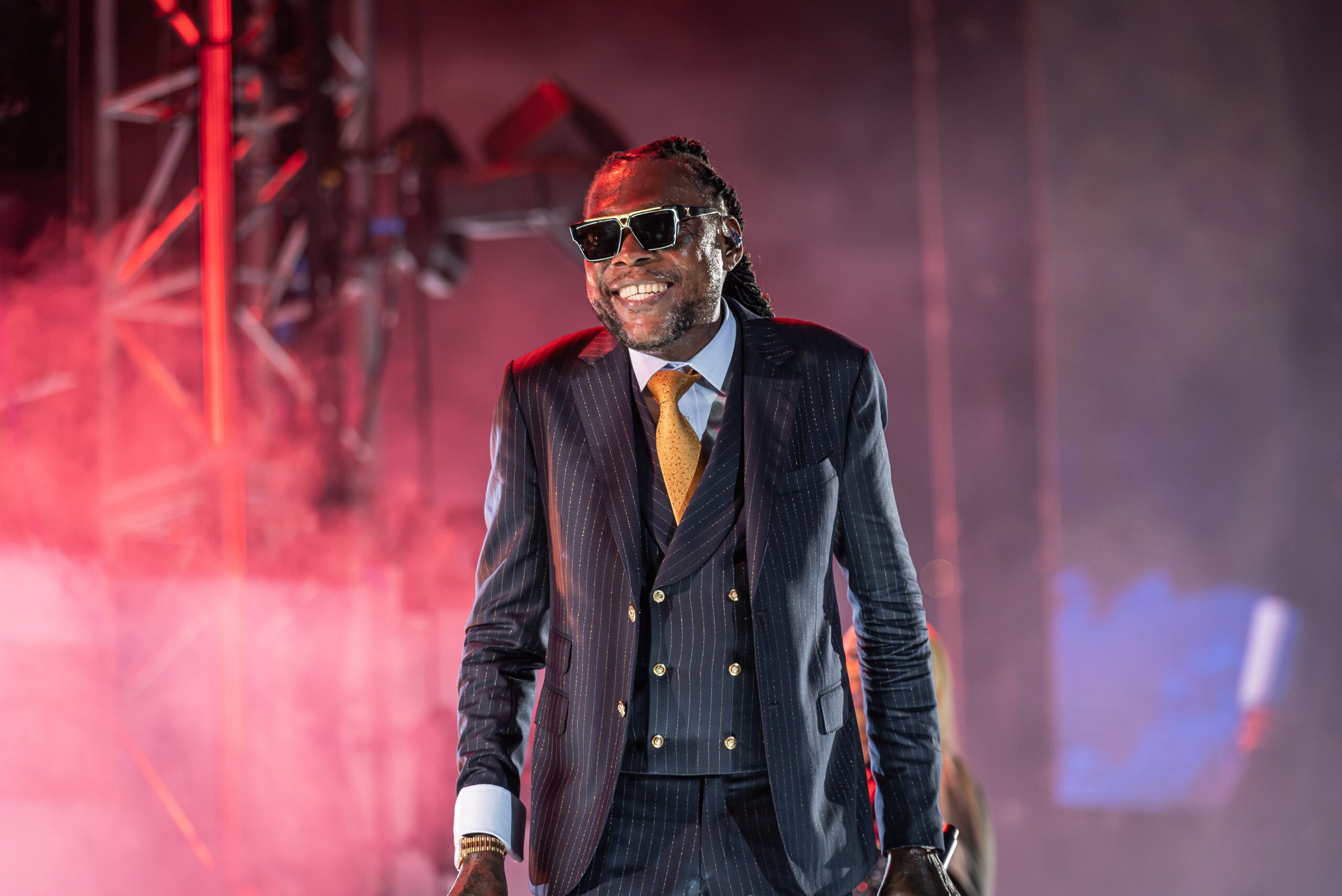Riot police have used tear gas to disperse anti-government protesters in the Peruvian capital as demonstrations that have been gripping the country since early December show no sign of abating.
Several hundred protesters marched late on Monday in central Lima to demand the removal of President Dina Boluarte.
“Dina murderer”, some were heard shouting before police moved in with tear gas volleys.
At least 46 people have died since violent protests started early last month following the removal of left-wing, Indigenous President Pedro Castillo.
“The social protests will continue. We are working intensively with the defence ministry to resolve them,” Interior Minister Vicente Romero told state TV.
After a mass rally last week in Lima, another is planned for Tuesday by protesters demanding the resignation of Boluarte, despite authorities calling a state of emergency.
A demonstrator affected by tear gas shot by riot police lies in the street during a protest demanding the resignation of Peru’s President Dina Boluarte [Ernesto Benavides/AFP]
“We urgently need Dina to resign,” Edmunda Canaguira, 60, told AFP news agency.
“She doesn’t listen to the people. It’s her fault that we are in the streets this week, without food, without being able to sleep,” added Canaguira who came to the capital from Sicuani in the southeastern Andes of Peru to take part in the protests.
Protesters, many from poor Andean regions, are also demanding a new constitution, snap elections and the dissolution of Congress.
Civil groups have denounced the repression by security forces, but the minister defended the police and praised their “spectacular” abilities.
“Right now we’re experiencing one of the highest levels of violence in recent times, since the 1980s” when authorities were battling left-wing Shining Path fighters, said Romero.
He again blamed a “faceless” group for financing protests in which he said 540 police officers have been injured.
Civil unrest since the removal of Dina Boluarte’s predecessor, Pedro Castillo, in early December has killed 46 people and prompted the government to impose a state of emergency in violence-hit areas [Ernesto Benavides/AFP]
Authorities have long claimed drug traffickers and illegal miners were “manipulating” protesters.
Trouble first broke out on December 7 after then-President Castillo was arrested and charged with rebellion after attempting to dissolve Congress and rule by decree.
His supporters have kept up regular protests and roadblocks throughout the country, even at times attempting to storm airports.
On Monday, there were still more than 80 blocked roads in eight of Peru’s 25 regions.
The famed historical site Machu Picchu was closed on Saturday. Prior to its closing, rail services to the site had already been suspended due to damage to the track.
More than 400 stranded tourists had to be evacuated from Machu Picchu over the weekend.
The airports in the southern cities of Arequipa and Juliaca remain closed.





















Discussion about this post